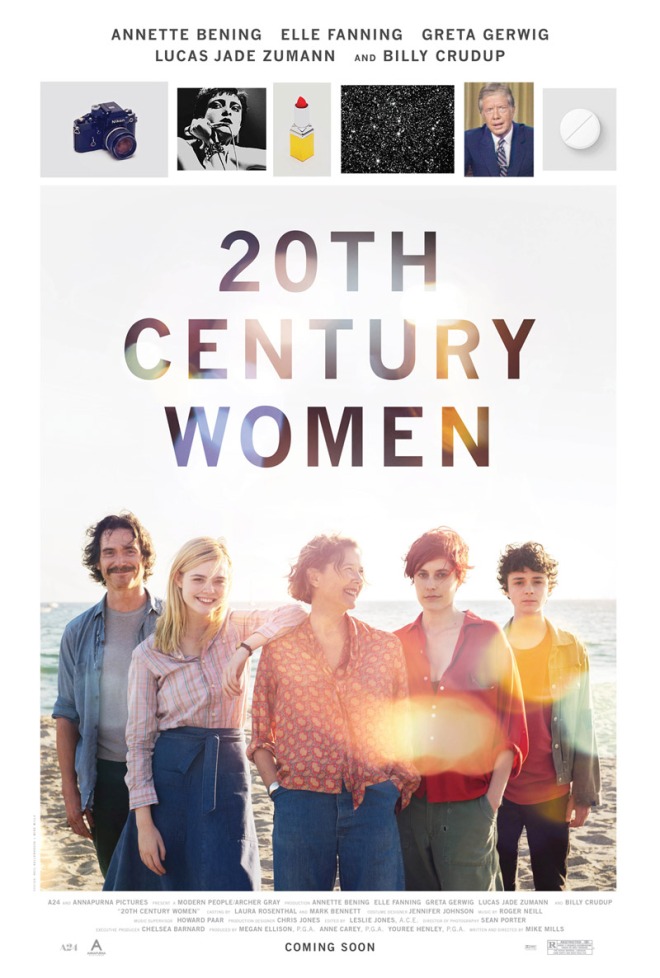
“When you were born I told you life was very big & unknown. There were animals & cities & music… you’d fall in love, have passions, have meaning, but now it’s 1979 & nothing means anything, & I know you less everyday.”
The Clash. Jimmy Carter. The pill & feminism. It’s 1979 in Santa Barbara, California & free-spirited, single mother Dorothea Fields (Annette Bening) worries about the growing distance between herself & her 15-year-old son Jamie & the lack of a strong male role model in his life. She enlists the help of two women to help “raise” him: Abbie (Greta Gerwig), Dorothea’s tenant & a talented photographer who is well-versed in women’s liberation & the punk rock scene as well as Julie (Elle Fanning), an independent & promiscuous 17-year-old who is simultaneously Jamie’s best friend & love interest. A kind but hapless Billy Crudup features as William, a live-in handyman & car mechanic who does pottery in his spare time & can’t quite seem to get a grip on why he does the things he does. Together, this ragtag bunch make up a bohemian family who attempts to navigate life in a turbulent time in history or at the very least, get by.
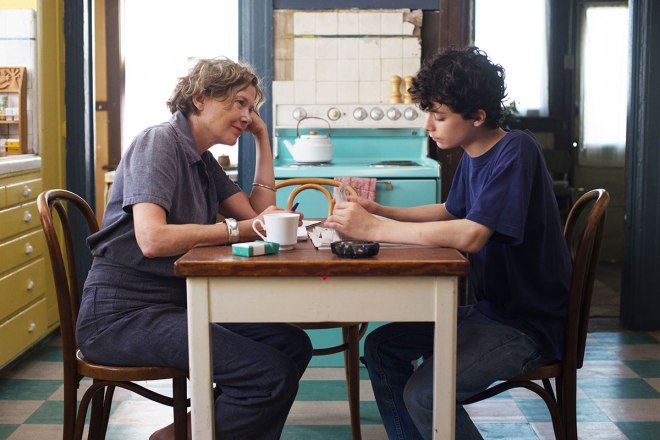
Dorothea: Men always feel like they have to fix things for women or they’re not doing anything but some things can’t be fixed. Just be there. Somehow that’s hard for all of you.
Jamie: Ma, I’m not all men. I’m just me.
Dorothea: Well, yes & no.
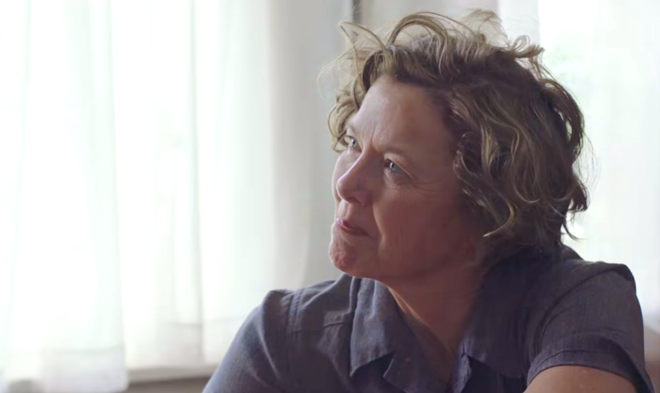
Dorothea: I just think that having your heart broken is a tremendous way to learn about the world… & wondering if you’re happy is a great shortcut to just being depressed.
I won’t go into details – you can read a proper review here – but you must know that this film is a beautiful masterpiece & one of importance. I don’t think I’ve felt this way about a movie since Amelie or Phoebe in Wonderland, or anything from the Wes Anderson catalogue. It educates, yet reaches deep; it has profound historical significance, yet is relevant to any time & place & person. Through its curious mix of light & dark, its dramatic & comic tenors, this film has moved me inherently & perhaps not in the way one would expect.
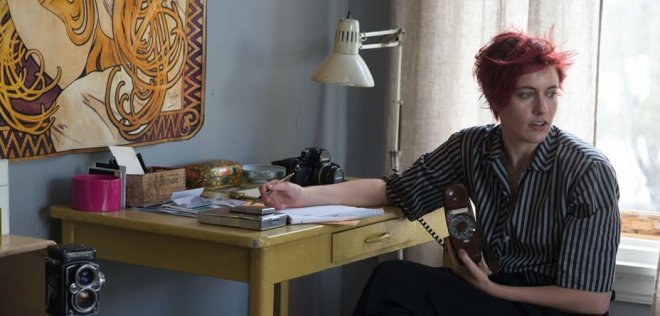
Dorothea: (listening to punk rock records) What is that?
Abbie: It’s The Raincoats.
Dorothea: Can’t things just be pretty?
Jamie: Pretty music is used to hide how unfair & corrupt society is.
Dorothea: Ah, okay so… they’re not very good, & they know that, right?
Abbie: Yeah, it’s like they’ve got this feeling & they don’t have any skill, & they don’t want skill, because it’s really interesting what happens when your passion is bigger than the tools you have to deal with it. It creates this energy that’s raw. Isn’t it great?
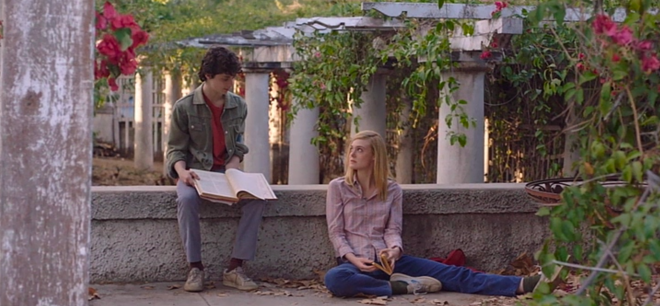
Julie: (on having sex) Half of the time I regret it.
Jamie: Then why do you do it?
Julie: Because half of the time I don’t regret it.
The cinematography & soundtrack & the poetic script are stunning, the dialogue is peppered with all the right kinds of pop-culture & literature references, but most importantly, the characters are well-crafted & intriguing. After you’ve watched enough films, you’ll find that what makes them compelling isn’t the love story or the happy ending, but the exploration of the people themselves. It’s not about what happens, but who it happens to, & why. 20th Century Women demonstrates this wonderfully, & is all at once a study of gender & generational differences, an accurate depiction of the fickleness & frustration of family, & a tender yet aching coming-of-age film. At one point or another, it hurts to be alive & obsolete…
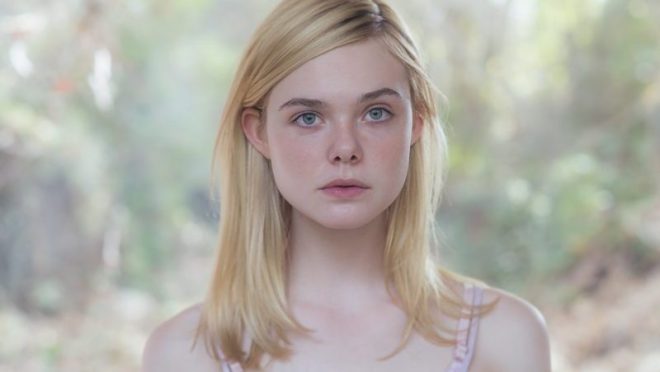
Julie: This is just my opinion. I think being strong is the most important quality. It’s not being vulnerable, it’s not being sensitive, it’s not even being… honestly, it’s not even being happy. It’s about strength, & your durability to get to the other emotions.
I’ll leave you with that.